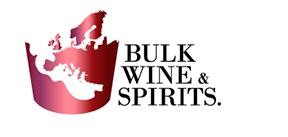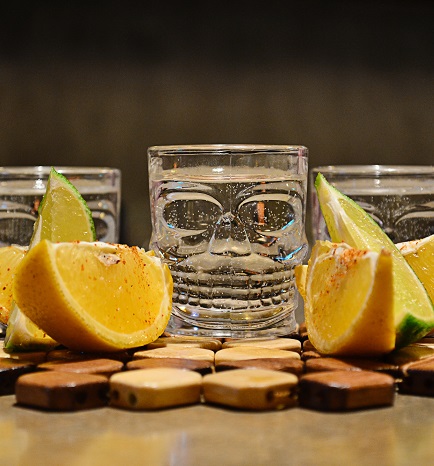The most consumed alcoholic drink around the world
Mezcal has always been defined as a drink made from agave. It is a broad and general term. In 1994, the Mexican government made a legal definition of the word Mezcal. Unfortunately, this law excluded regions and methods that were historically defined as Mezcal. Beverages made from agave that do not fit the government’s definition of Mezcal must be labelled as something else: agave distillate or agave spirit or maguey distillate.
Mezcal (O.D. 1994) has to be exclusively 100 % agave (espadín, cuishe and tobalá). It is produced in the states of Zacatecas, Durango, Guerrero, Michoacán, San Luis Potosí, Guanajuato, Tamaulipas and Oaxaca. At the time of baking, the plant is buried with charcoal and covered, which gives it an intense smoky flavour. Around 2010, this drink was revalued for its unique range of flavours, and the market’s sensitivity towards organic and artisanal (it maintains the brewing methods of more than four centuries ago, from the stone mill to grind the plants to an earthenware alembic).
The recommended way to consume alone and supplemented to taste with citrus slices, with salts elaborated from dried insects such as maguey worms or chapulin (a variety of scorpion).
The Mezcal hologram (COMERCAM) does not certify the quality of the product. There are distillates and spirits on the market that are far superior to many certified mezcals. Bottles labelled as agave distillates may or may not fall within the legal definition and have not been certified. Regulations do more to prevent small producers from calling their distillates Mezcal than to ensure the quality that reaches consumers.
Fortunately, there is a growing group of savvy producers and consumers who understand that mezcal is just a word and that no regulatory loopholes can stop us from buying the agave distillates we want. The result is a new type of product you may have seen appear: agave distillate or agave spirit (or uncertified mezcal, as I prefer to refer to this class of product). This general category applies to producers who are unable or unwilling to register their beverages as Mezcal.
Some of the best traditional agave distillers in the world produce Mezcal as their ancestors had done, but cannot call their products by that name.
Many traditional Oaxacan producers who could legally acquire the mezcal seal to put on their bottles do not see the benefit of adjusting their products to the regulations or paying the registration fees. Consumers have welcomed them with open arms both in Mexico and abroad. There are a lot of devoted bottlers, who are not there to get rich, but have fallen in love with the culture and the people and simply want to dedicate their lives to improving this special drink and the people dedicated to the production.
We have an incredible selection of agave from several of these non-certified mezcals that represent some of the finest agave spirits of any kind.
Mezcal must be sold bottled from Mexico in order to have that name on the bottle, as with 100% agave Tequila. As an advantage, agave distillate can be bottled anywhere in the world and has an extraordinary taste, but at a lower cost because you are not paying for government certifications.
“For bad moments, a good mezcal; for good moments, too… and if there is no remedy: a litre and a half should be drunk by you”.





